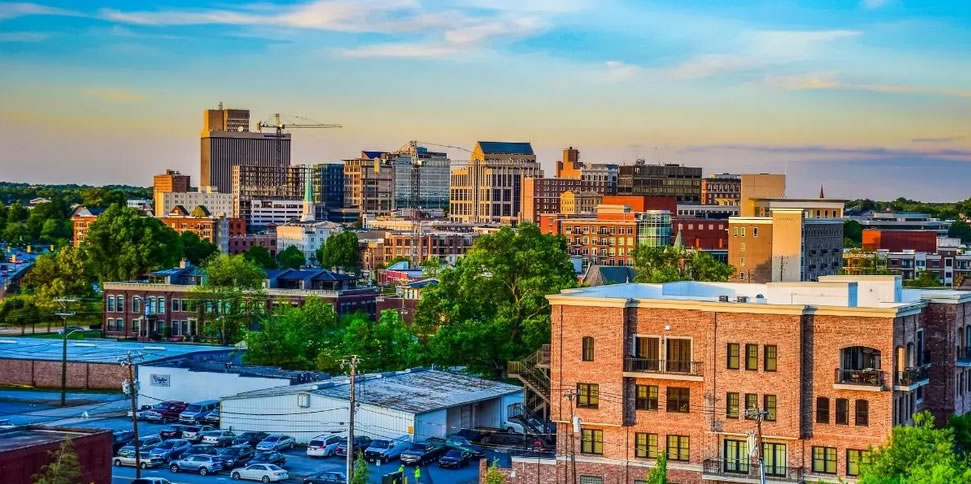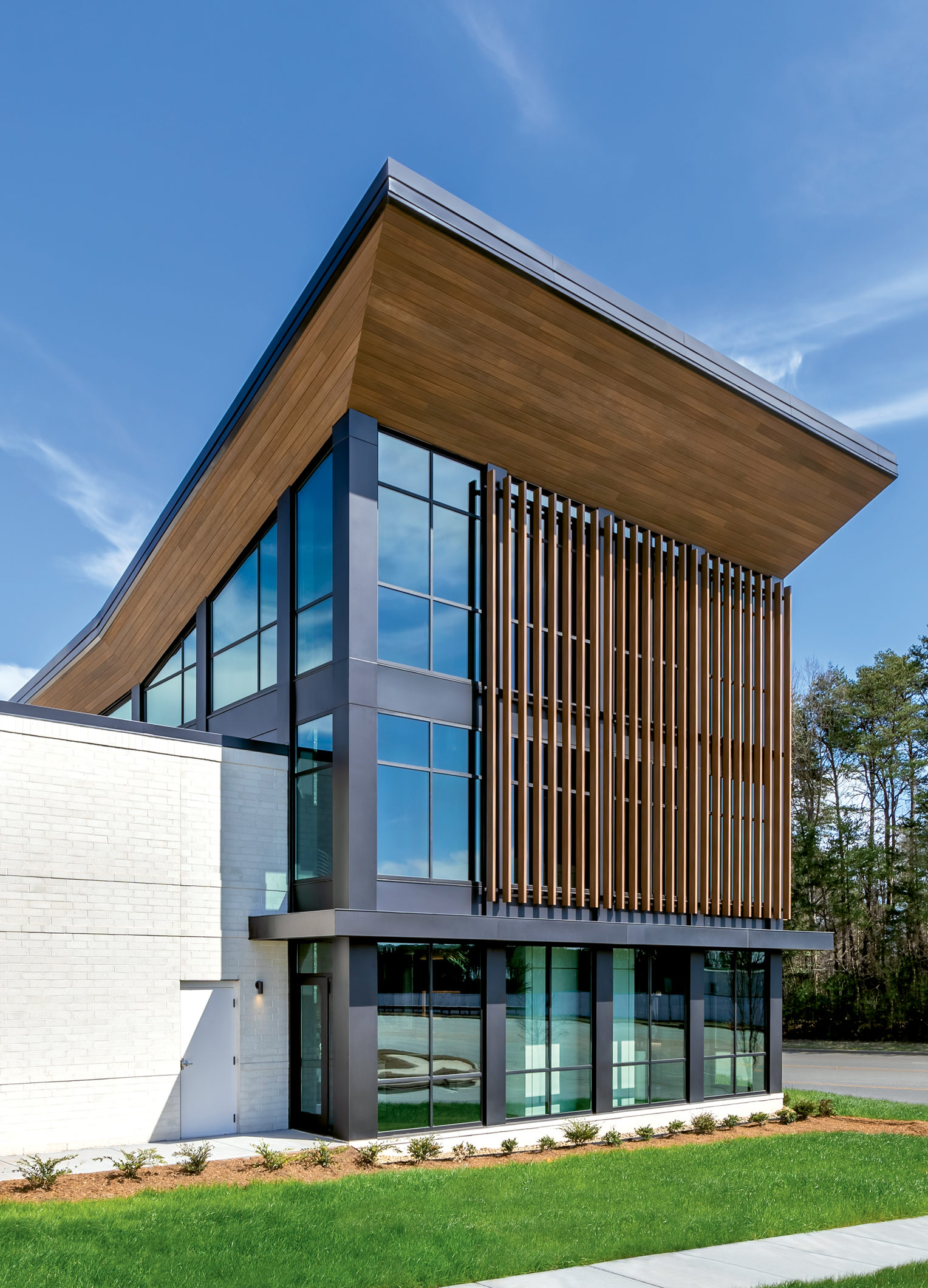Editor’s Note: Welcome to our new column, TV Rewind! As the pandemic continues to halt television production for new and returning shows, the Paste writers are diving into the streaming catalogue to discuss some of our favorite classic series as well as great shows we’re watching for the first time. Come relive your TV past with us, or discover what should be your next binge watch below:
It is so easy to open up Netflix today, see Community, and take that fact for granted. But that’s only if you missed (for whatever reason) the extreme drama that circulated around a series that floated on the edge of cancellation for its entire run, and was subject to the sort of behind-the-scenes drama which doesn’t typically make itself publicly known. But while every one of those six seasons was a struggle, the Dan Harmon-created comedy remains one of those great modern classics, at times wildly uneven but capable of great heart, beauty and hilarity on a level rarely achieved by other broadcast sitcoms.
Set at a Colorado community college (the choice of location varied in its impact on the series, especially given that it was shot in Los Angels), the core ensemble began as hapless students gathered together for a variety of reasons, with a variety of plans for what they’ll eventually do with their college degrees. However, Jeff (Joel McHale), Britta (Gillian Jacobs), Abed (Danny Pudi), Pierce (Chevy Chase), Troy (Donald Glover), and Shirley (Yvette Nicole Brown) became not just a study group, but a family prone to having adventures, getting into trouble, and occasionally falling in love with each other.
The first episode is a truly great pilot. Centered around Jeff as a complicated protagonist, his two primary goals: Find the easiest possible path towards getting a college degree, and hook up with Britta. Not only does the ensemble dynamic get quickly established (though John Oliver’s appearance is a fleeting tease), but there are so many important details established, from Pierce’s many failed marriages to Jeff’s traditional ensemble of sportscoat and track pants, that it does arguably a perfect job of setting up the series to come.
When you rewatch the first season it’s impressive how many iconic elements of the series get established early. Not only are Troy and Abed rapping together by the end of Episode 2, but buried in the pilot is one aspect of the show that does, at times, overwhelm things. Right away, Abed is established as the resident pop culture nerd, repeatedly mentioning The Breakfast Club. While other shows might just drop in Abed’s references casually, the episode’s final moments go so far as to incorporate a The 88 cover of “Don’t You (Forget About Me)” into the soundtrack.
That proved only to be the beginning of everything. One constant of Community is that it’s a smorgasbord of meta commentary, as episodes mimicking other films and TV shows became a semi-regular norm almost immediately, relying on the audience’s knowledge of Martin Scorsese, John Woo, and Ken Burns to enhance the action on screen.
It’s almost impossible to document all of the pop culture in-jokes and Easter eggs buried in these 110 episodes. At times, Community includes some references that are more evergreen than others. The show’s occasional references to the failed 2011 NBC drama The Cape don’t exactly hold up, not to mention Harmon’s barely veiled hatred of Ryan Murphy’s Glee (which at the time aired opposite Community, often beating it in the ratings. But the multi-season runner devoted to Doctor Who analog series Inspector Spacetime was just one great example of Community’s sweet spot for these kind of pop culture references—very close to the source material, but just different enough for the writers to find their own spin on it.
Speaking of the writers: So much of Community’s identity is tied up in Harmon, though the writing staff was packed with great talents who later moved onto other projects. Simpsons alumni Matt Warburton moved on after writing one episode of Community to collaborating with Mindy Kaling on The Mindy Project, Four Weddings and a Funeral, and Never Have I Ever. Matt Murray shifted from Community to working on multiple Mike Schur projects, just recently creating the NBC sitcom Sunnyside and writing the very recent Parks and Recreation reunion. Megan Ganz moved onto Modern Family and later It’s Always Sunny in Philadelphia and Mythic Quest: Raven’s Banquet.
There’s also Chris McKenna, who perhaps stood out the most for his credited work on episodes like the should-have-been-Emmy-nominated “Remedial Chaos Theory,” and now probably makes pretty decent money writing Marvel movies. Speaking of the MCU, directors Joe and Anthony Russo, who, prior to becoming instrumental to Phases 2 and 3 of the Marvel Cinematic Universe, were responsible for much of Community’s visual style, though other directors did get the opportunity to bring their own flair to the screen, most notably Fast and Furious director Justin Lin, responsible for “Modern Warfare,” arguably the greatest episode of all time.
The talent involved with this show overall might be incredible, but Community’s legacy is an extraordinarily complicated one. It helped make Donald Glover into a star; but based on a 2018 New Yorker profile, the experience made him miserable, especially thanks to racial comments from Chevy Chase. And Harmon became legendary for his inappropriate actions, to the point where he was full-on fired at the end of Season 3, replaced by David Guarascio and Moses Port.
After the contentious season that followed, Vulture reported at the time, the cast asked Sony to bring Harmon back, leading to its fifth and final season on NBC. However, that cancellation, just shy of 100 episodes, gave the show the opportunity to find a non-network home. At the time, everyone assumed that would be Hulu, since the show was already a popular favorite on the service—but then Yahoo swept in with big plans to create a television service of its own, with a sixth season of Community as its flagship series.
Five years later, Yahoo’s video initiative has cost it $42 million dollars, and by the time Community ended, three of the original regular cast members had left the show, with Paget Brewster and Keith David helping fill some empty seats at the study table during Season 6. Still, Season 6 has its charms, and fulfilled a pledge that evolved starting in Season 2, when Troy makes a reference to the pact he and Abed have: If one of them dies, the other will make it look like a suicide to protest Firefly getting canceled.
“Six seasons and a movie” was Troy and Abed’s rallying cry for Firefly, but it became the pledge for both those making the show and those watching it. From the beginning, it was an underdog show, which was fitting because Community was always a show about underdogs, in the end, and it knew the power of its message.
The odds might be against you. You might make big mistakes. You could be roped up, tied up, dead in a year. But you still have to try your hardest, with all your heart, and remember that “if you have friends, you have family.”
Fans of Community may never get that movie. But they did end up getting a lot more than anyone ever expected.
Liz Shannon Miller is a Los Angeles-based writer and editor, and has been talking about television on the Internet since the very beginnings of the Internet. She recently spent five years as TV Editor at Indiewire, and her work has also been published by The New York Times, Vulture, Variety, the AV Club, the Hollywood Reporter, IGN, The Verge, and Thought Catalog. She is also a produced playwright, a host of podcasts, and a repository of “X-Files” trivia. Follow her on Twitter at @lizlet.
For all the latest TV news, reviews, lists and features, follow @Paste_TV.











